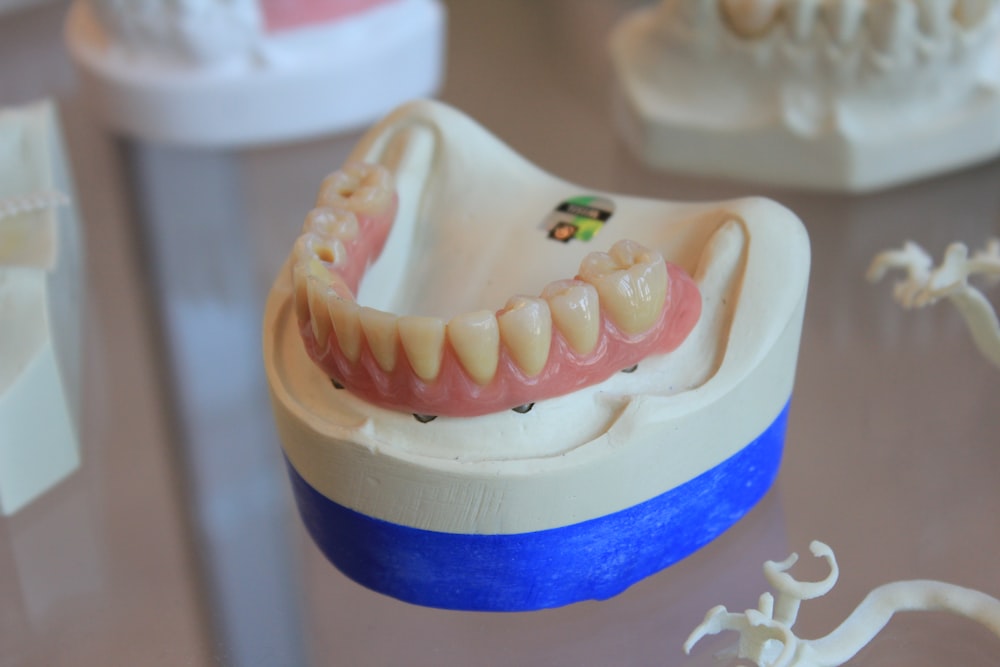How to Lose Your Belly Fat After Pregnancy
It may not be realistic for you to burn fat quickly a few weeks after giving birth. Moreover, you cannot get rid of fats by exercising selectively on your problem areas. Based on research by the American Council on Exercise, you can lose belly fat effectively by combining regular exercise and the right diet.
Tips on How to Lose Belly Fat after Pregnancy
It is important that you eat the right foods and include an adequate serving of vegetables and fruits in your regular diet. Choose lean protein sources and whole grains, which are packed with essential nutrients. However, make sure you have a sufficient supply of “good fat” or mono and polyunsaturated varieties in your diet. Excellent sources include olive oil, nuts, avocado seeds, and canola oil. You should also consider eating low-dairy food items, as these are not sources of extra calories. Typically, your goal is to consume at least 2200 calories daily, particularly if you are breastfeeding your child.
While exercising can help you lose weight effectively, you should avoid getting into any workout routine if you have given birth recently. You need to give your body some time to heal and establish the milk supply, which your baby needs for optimum health. After you have received a recommendation from your doctor to start a fitness routine, you may already engage in several cardio exercises such as swimming, cycling and walking. Keep in mind to take short breaks if you begin feeling exhausted, and it is not ideal for you to push yourself when your body is very tired.
As you exercise, you may increase the intensity and duration of each workout, so you can improve your endurance. For instance, you may devote at least 45 minutes per day for moderate aerobic exercises, and do this thrice a day. If you think you cannot allot long hours for your workout sessions, then you should maintain two to three sessions each day to eliminate belly fat. You may also include exercises that target the muscles in your abdomen such as crunches, reverse curls and stretches. Consider performing at least 10 minutes for each ab exercise thrice a week. Then, allow your body to recover if you think your body feels sore due to your intensive workout sessions the other day.
Important Considerations
You should remember that a restrictive or strict type of diet is never advisable, specifically for breastfeeding mothers. Ideally, women need at least 1,200 calories each day to ensure good health while others should receive about 2,200 calories, depending on their activity levels. In addition, nursing moms need over 2,000 calories per day to nourish themselves and their baby. Rapid weight loss can lead to a decrease or poor quality in the milk supply. This can also simulate a release of toxins into the bloodstream and into your body’s supply of milk. These toxic elements that can make their way into the bloodstream include persistent organic pollutants and environmental contaminants. With this in mind, you need to follow carefully your doctor’s advice in losing weight effectively, naturally and safely.


